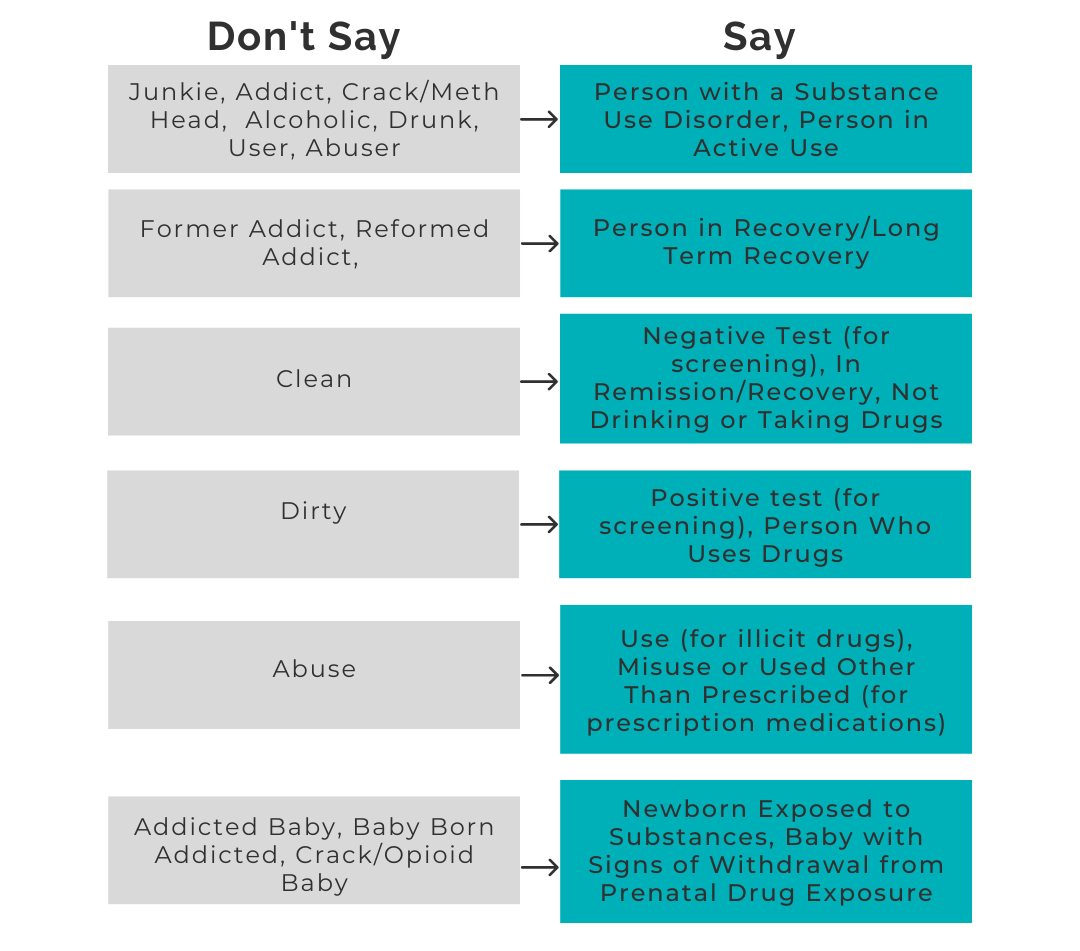Providing compassionate and quality care for pregnant people and parents who are struggling with substance use makes a difference. This population often experiences unjust stigmatization, which contributes to hesitancy in seeking and trusting recovery care and support.
SEPI-CT supports service and care that is compassionate, non-judgmental, and rooted in best practice and evidence-based guidelines.
Are you a professional working with pregnant people who use substances? Here are some key things to remember:
Substance use during pregnancy does not mean the person does not love their baby.
Addiction is a chronic disease and it should be treated with the same respect and compassion as other diseases.
- View the American Academy of Obstetricians and Gynecologists’ recommendations for Opioid Use and Opioid Use Disorder in Pregnancy.
- Looking for additional information on substance use during pregnancy? Click here.
There is no singular or linear path to recovery.
All journeys are individual and have their own unique challenges.
Recovery can include abstinence, behavioral health therapy, medical intervention, harm reduction strategies, faith based, peer support groups, etc. If you have a client or patient who is considering recovery, present them with all the options and support them in reaching their unique goals.
In CT, developing a Family Care Plan before birth is key.
If your client/patient is currently using or has used substances at any point during their pregnancy, make sure to develop a family care plan with them before birth. Learn more about supporting the development of a Family Care Plan here.
Harm reduction saves lives.
If you have a client or patient who is not ready or interested in abstinence, MAT/MOUD, or other behavioral/medical interventions, offer them harm reduction resources.
Are you unfamiliar with harm reduction practices or unsure how to integrate them into your current practices? Reach out to SEPI-CT and we can connect you to a resource who can support you.
The National Harm Reduction Coalition has a toolkit specific to Harm Reduction for Substance Use During Pregnancy. Learn more here.
Some simple things you can do include:
- Educate clients/patients on the widespread impact of fentanyl across all drugs.
- Encourage clients/patients/family/friends/natural supports to carry Narcan/Naloxone.
- Encourage clients/patients to use drugs in a safer manner, including using less, using sterile/not sharing equipment, testing drugs for fentanyl, not using alone, or calling 911 in the event of an overdose emergency.
Provide affirming and respectful care. Be an LGBTQIA+ ally.
Some things you can do are:
- Avoid assumptions about gender, sexual orientation, or family structure. People who are assigned female at birth may identify as trans, non-binary, or may be intersex.
- Introduce yourself with your pronouns to create a welcoming environment.
- Consider trauma informed care in your approach.
- Update your agency's paperwork to be gender-inclusive.
- Engage in self-learning if you are not familiar with terms or evidence-based practices.
Looking for resources for your pregnant clients/patients who identify as LGBTQIA+? CT DMHAS has resources for providers and individuals here.
Language matters.
When talking to people with substance use disorders, their loved ones, and your colleagues, use non-stigmatizing, person first language that reflects an accurate, science-based understanding of SUD and is consistent with your professional role.
Stigmatizing language can impact engagement with medical care and trust building.

